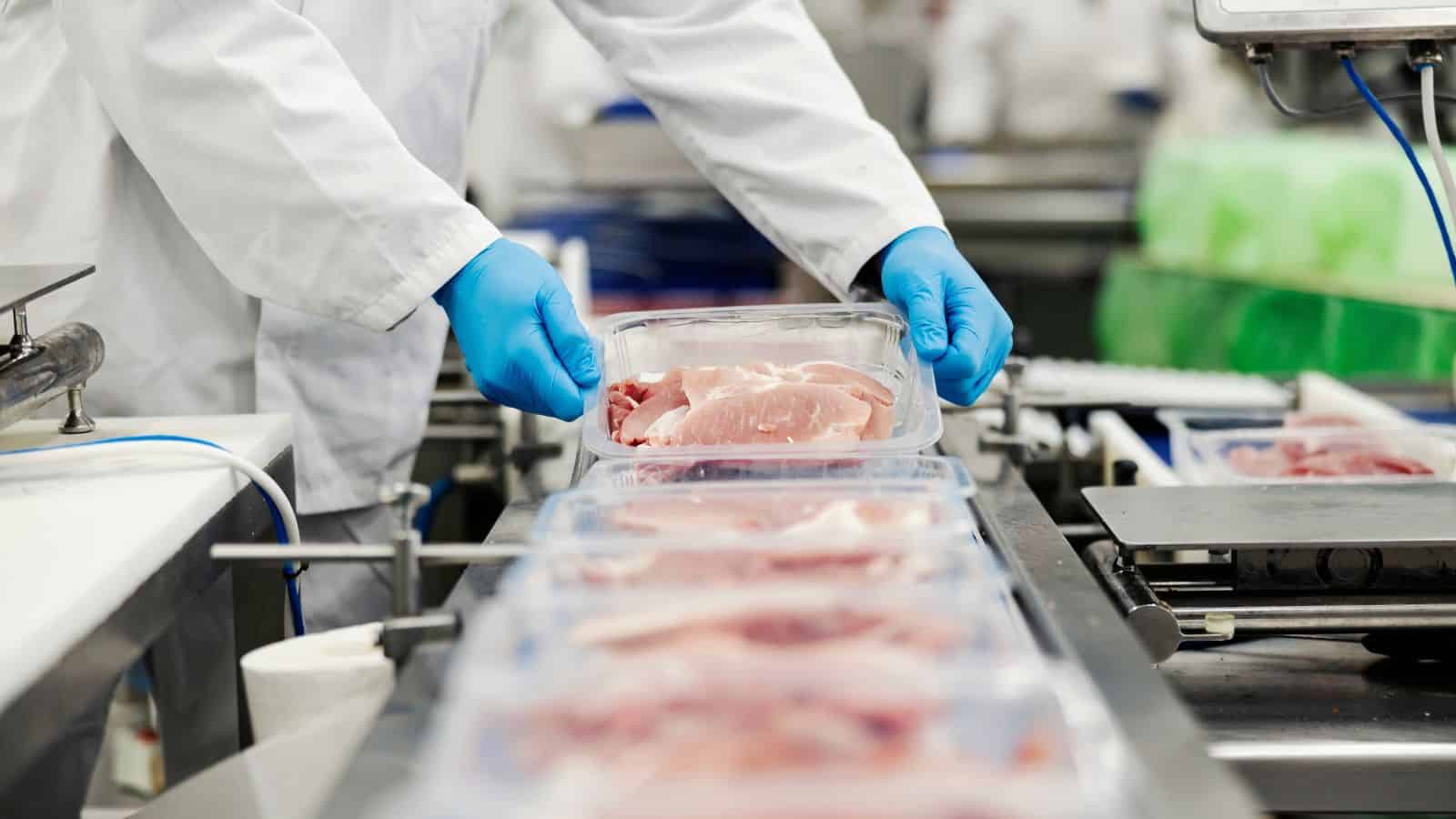A lot of American foods we enjoy at home can’t be found abroad because the processes or ingredients used are banned or heavily regulated. This article explains why these 17 foods aren’t allowed in other countries, showing how different places handle food safety and health concerns.
Artificially Colored Foods
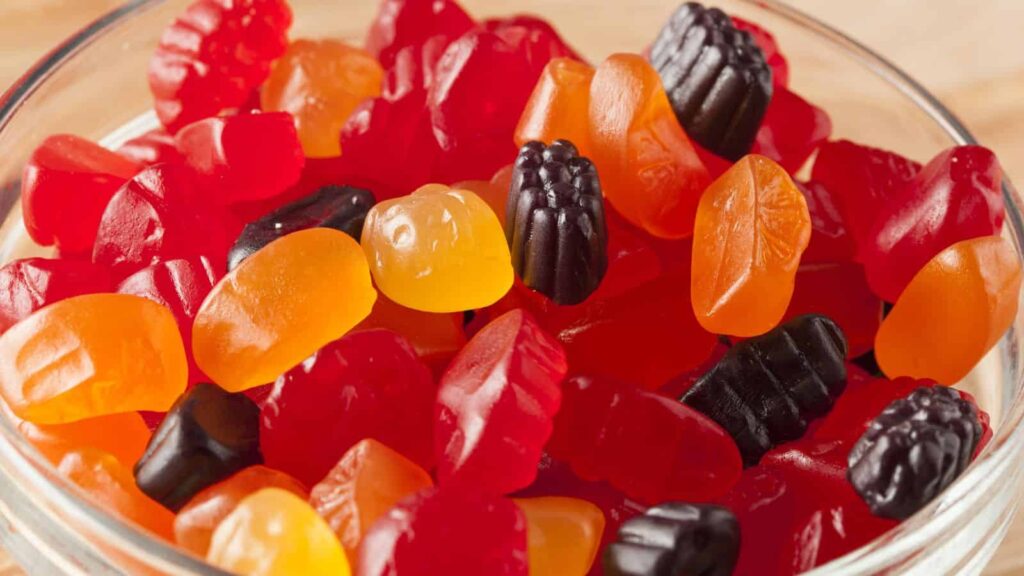
According to Healthline, “Red 40, Yellow 5, and Yellow 6 may contain contaminants that are known cancer-causing substances.” While countries like Norway and Austria have banned some dyes, they are commonly found in American candies and drinks. Many consumers are now demanding natural alternatives to these colorings.
Genetically Modified Organisms (GMOs)
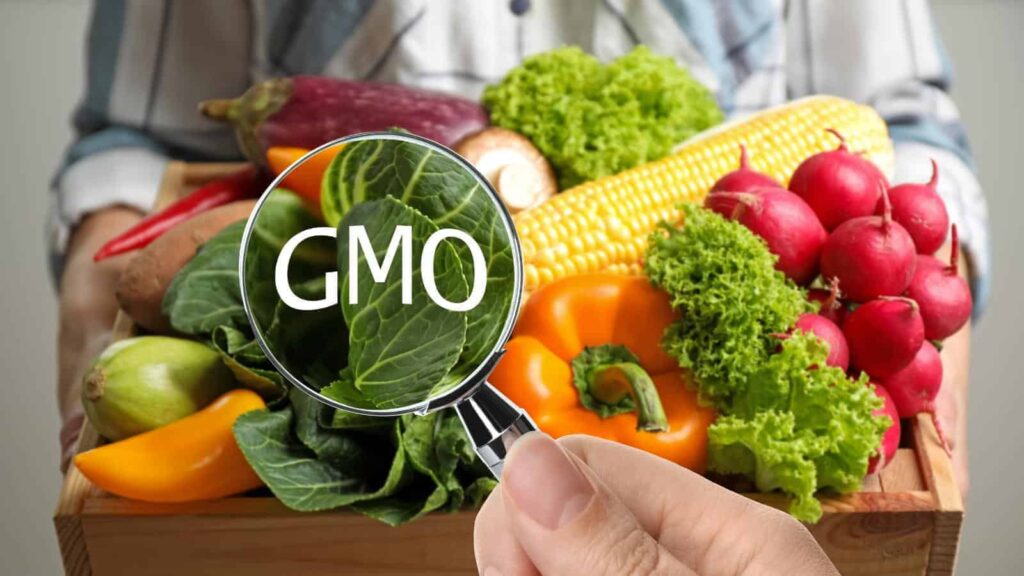
In staple crops such as corn and soybeans, it’s common for American farmers to grow GMO plants that have been engineered to resist pesticides and improve yield. However, there are global debates about the safety of GMO food, both from an environmental and health perspective.
Breads Made With Azodicarbonamide (ADA)

Used in some commercial breads in the US, ADA is used to improve the texture and strength of doughs. Australia, the UK, and other European countries have banned the substance, however, as it can produce carcinogenic chemicals when it is baked, threatening the long-term health of consumers.
Snacks Made With Olestra
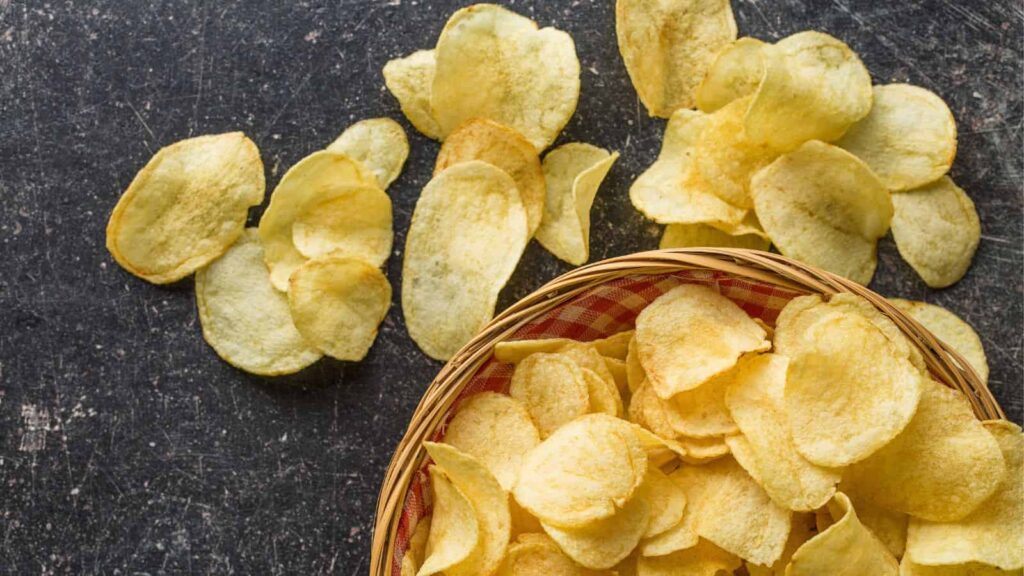
Known by its brand name, Olean, olestra is a fat substitute that is designed to not be absorbed by the body. It is used in snack foods throughout the US in order to reduce calorific content. However, it has been banned in some countries because it has been found to cause stomach issues.
Soft Drinks That Use Brominated Vegetable Oil (BVO)
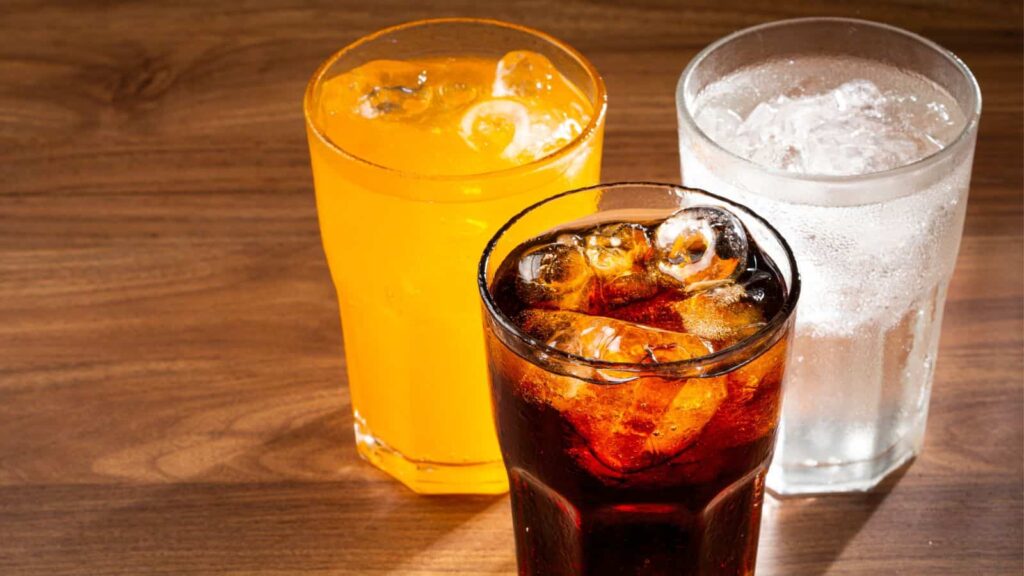
Often found in citrus-flavored soft drinks in the US, this substance helps stabilize emulsions in products, but there have been studies that show it can accumulate in human tissue and cause health problems. The Guardian says, “The additive is banned in Europe and Japan, but in North America, drinks can contain BVO at up to 15 parts per million (ppm).”
Potassium Bromate in Baked Goods

The European Union, Canada, and many other countries have banned this ingredient as it is thought to be carcinogenic when uncooked. It is used to strengthen bread dough; however, many commercial bakeries throughout the US have stopped using it because of health concerns.
Foods Preserved With BHA and BHT
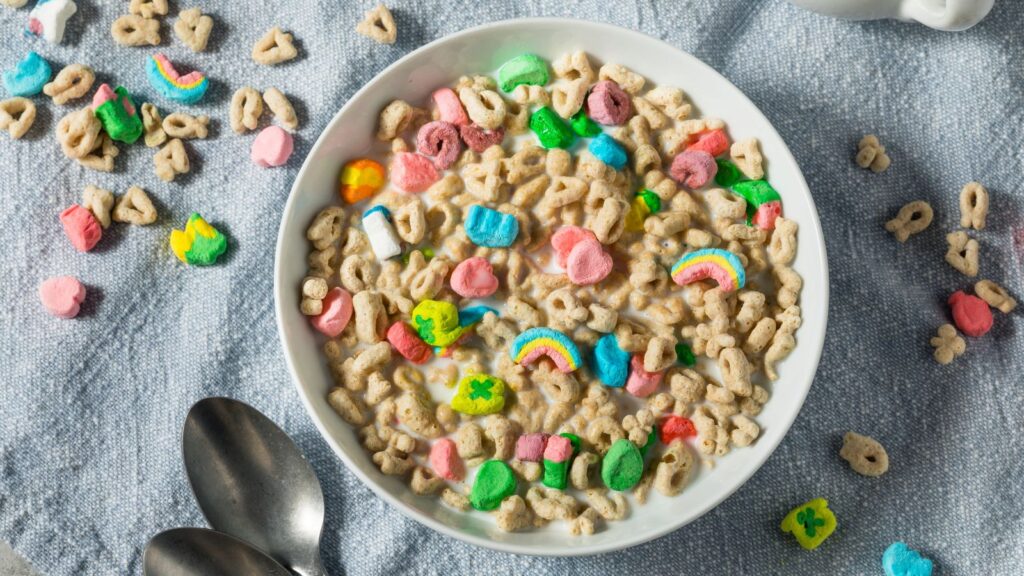
Although consumers are now often opting for foods with natural preservatives, these chemicals are used to extend the shelf life of foods such as cereals and snack foods in the US. Despite the FDA classifying them as safe, the European Union and Japan have restricted their use due to cancer risk concerns.
Farm-Raised Salmon
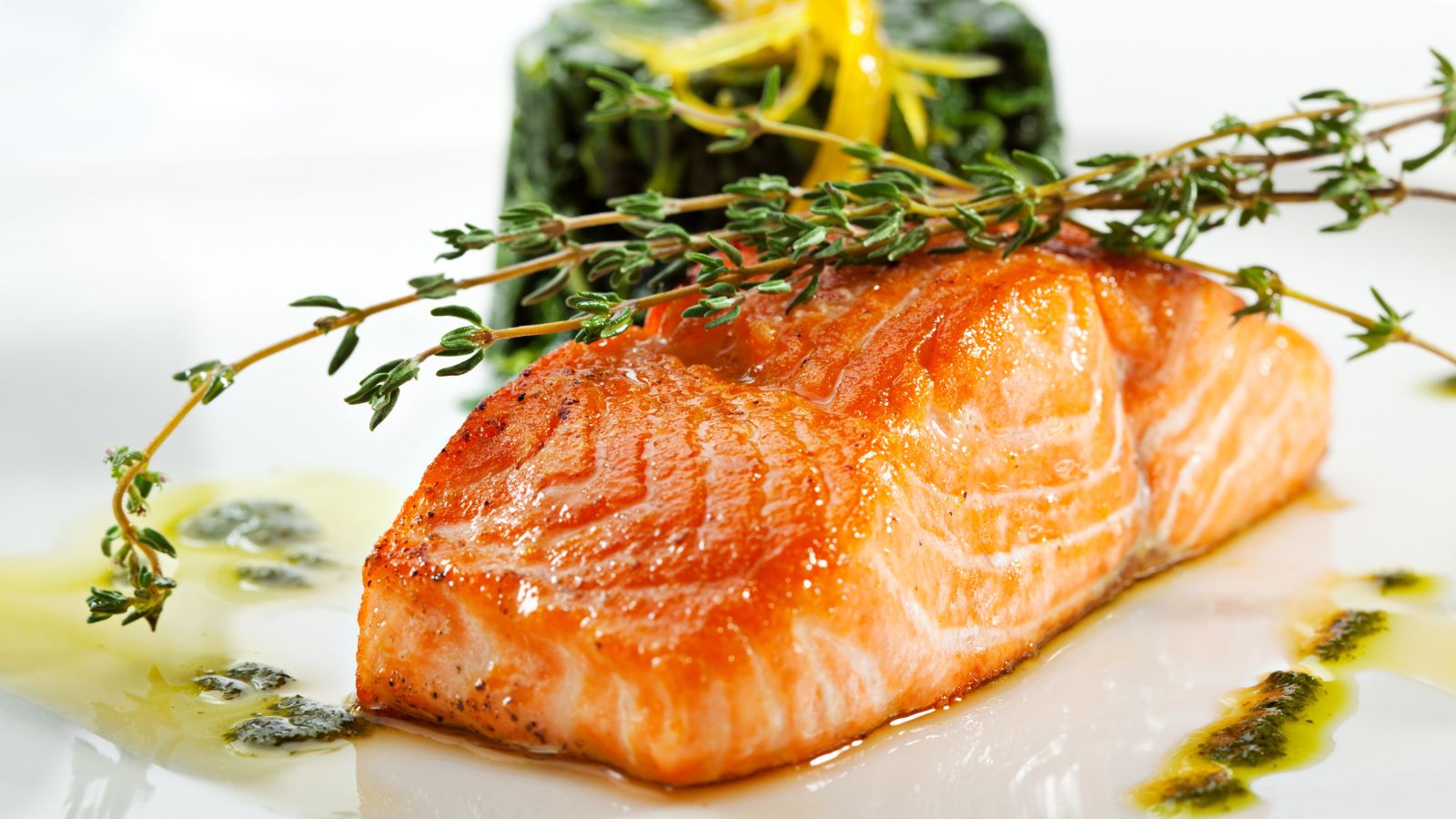
American farmed salmon are often fed synthetic substances, so they mimic the pink hue of wild salmon, which they get from their diet naturally. Time reported that “increases in drug-resistant antibiotics in farmed seafood over the past 30 years, leading to concerns about increased risk of antibiotic resistance in humans.”
Treats Sweetened With High Fructose Corn Syrup

High fructose corn syrup is a common sweetener that is widely used in processed foods and drinks because of it’s low cost for manufacturers. Some European countries have put sugar taxes on products containing this substance, as it is thought to increase your risk of obesity, diabetes, and heart disease.
Meat from Cloned Animals
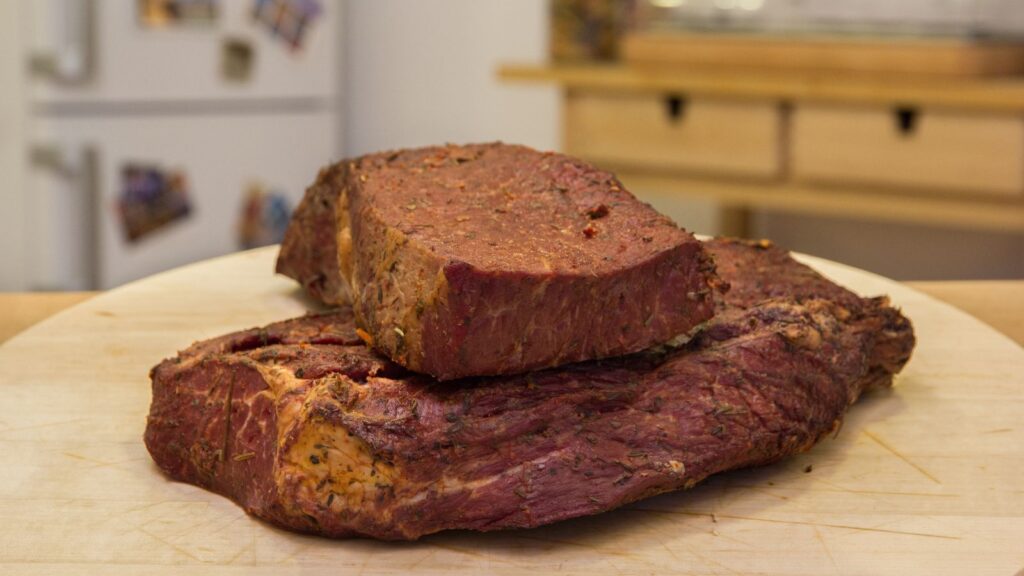
In America, the FDA has approved meat and milk from cloned animals and their offspring as safe for consumption, but there is a lot of concern among consumers because there is no law surrounding the labeling of these products. The European Union has banned the sale of meat from cloned animals due to animal welfare and ethical considerations.
Carrageenan in Dairy Alternatives
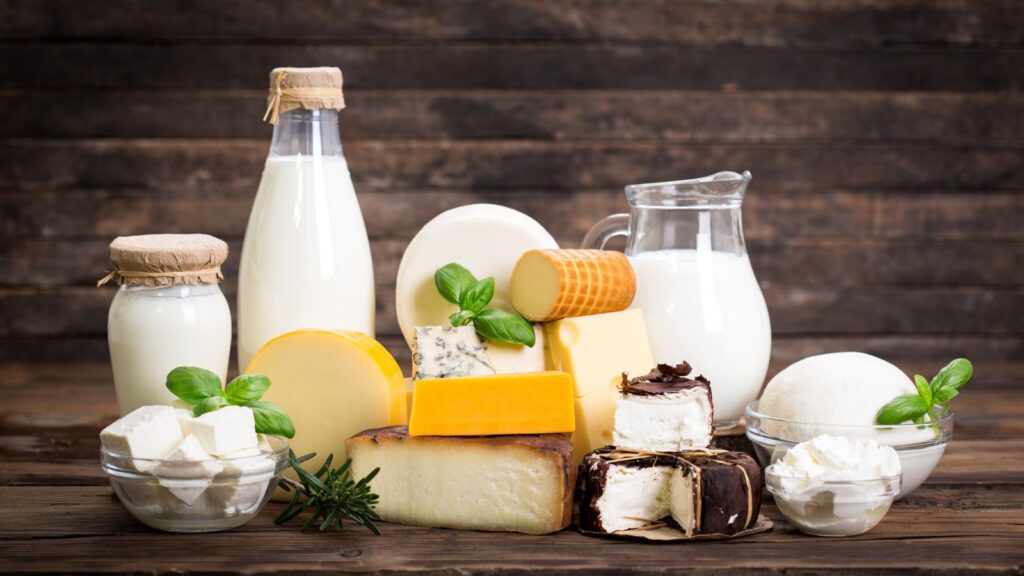
Found in vegan milk and yogurt, carrageenan thickens and stabilizes dairy alternatives in America. This is fairly controversial, and the substance is restricted in the European Union due to concerns about gastrointestinal issues, particularly in infant formula.
Poultry Fed With Arsenic
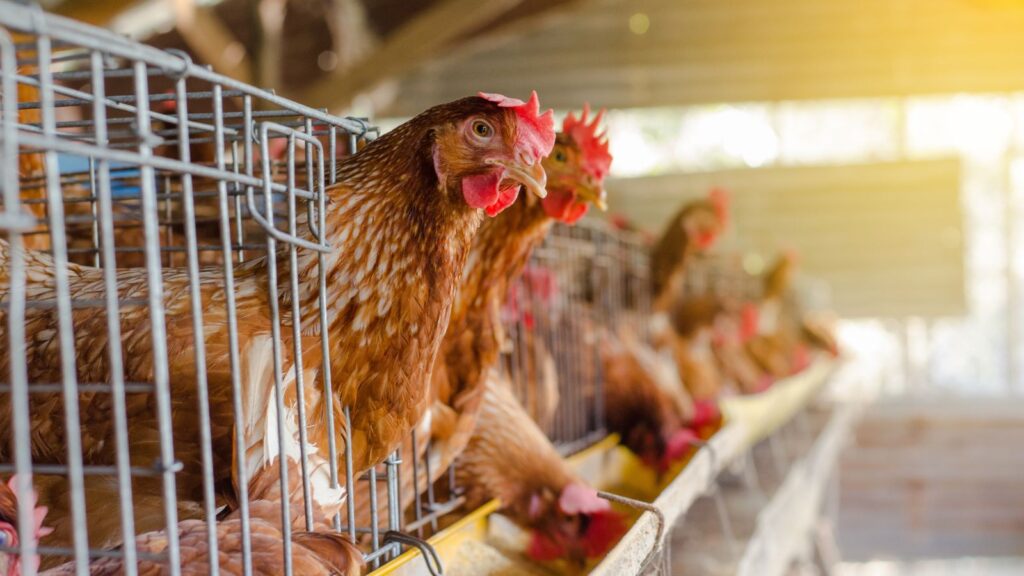
Historically, arsenic has been used in US poultry farming to promote growth and control potential parasites in the birds. While the FDA has phased out some forms of arsenic in the feeds, there are concerns about the residues of the substance in chicken meat.
rBGH and rBST in Dairy Products

rBGH and rBST are hormones that are used in US dairy farming to boost milk production in cows. Verywell Family says, “Since dairy companies started giving rBGH to cows in the 1990s, people have speculated that it might be linked to certain health issues that are on the rise, including early puberty, cancer, and antibiotic-resistant infections.”
Diphenylamine (DPA) on Apples
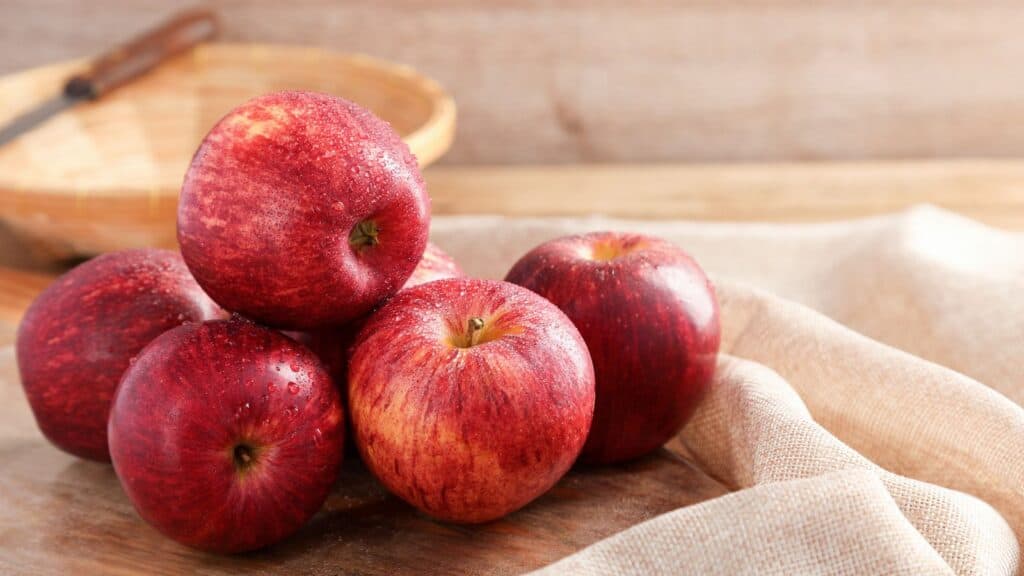
Used to prevent apple skin from darkening during storage, DPA is an antioxidant used in the US; however, the European Union has banned it because of concerns that it has carcinogenic potential for consumers. As a result, producers of apples in the US face scrutiny when exporting their fruit to countries with strict pesticide regulations.
Plants Grown From Neonicotinoid-Coated Seeds
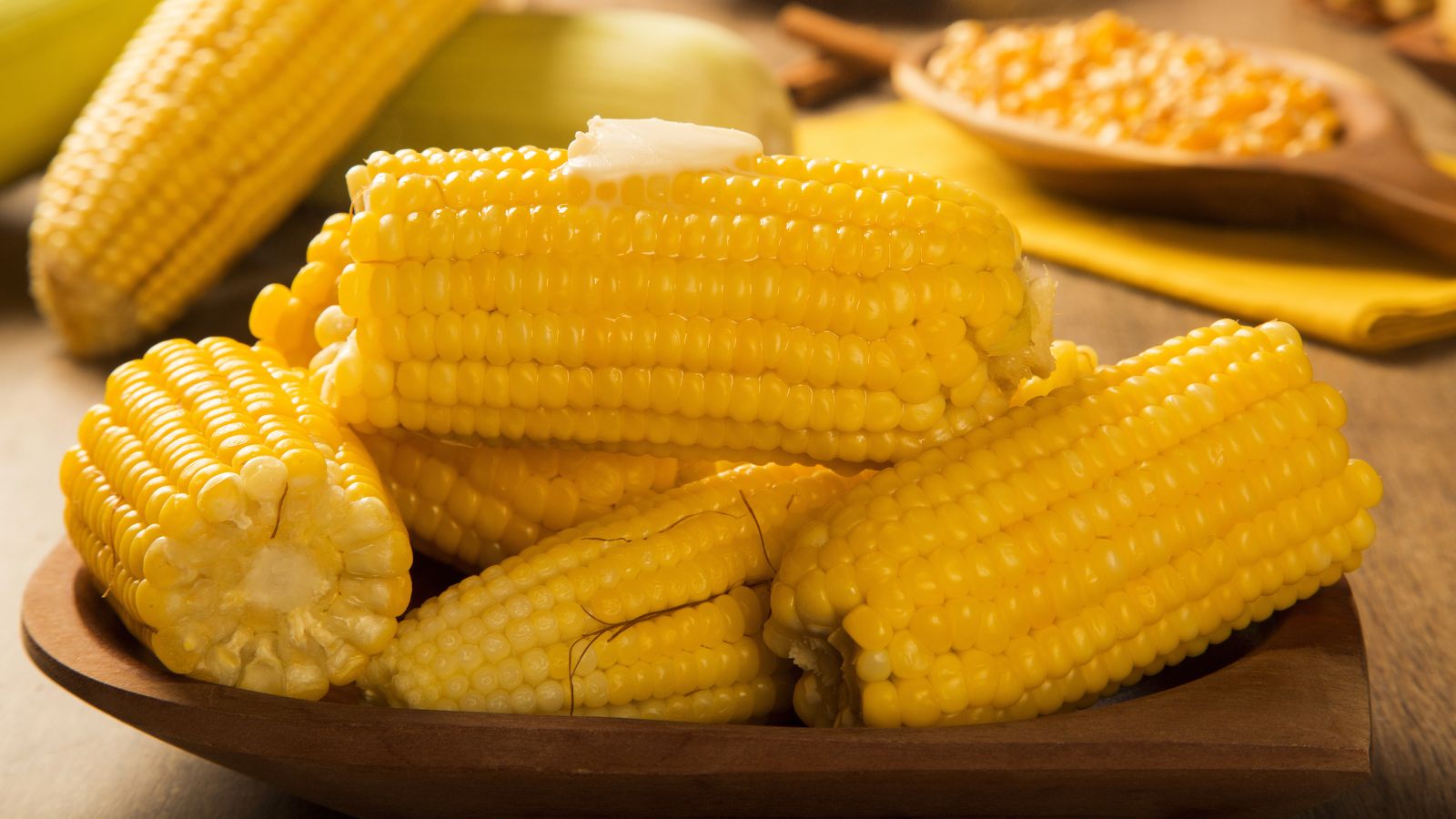
Though there are some restrictions on neonicotinoids in the US, they are still frequently used to cost seeds. Environmental groups are pressuring a ban on the process as it has been shown to play a role in the collapse of bee colonies, and the European Union has restricted its use as a result of this.
Food Products With Synthetic Vanillin

In America, we love vanilla flavoring, and producers add synthetic vanillin to a huge amount of food products, including ice cream, chocolate, and beverages. Many countries prefer the flavor of natural vanilla extract, and it has also been shown that the synthetic substance causes mild allergic reactions.
Processed Meats Made With Sodium Nitrate
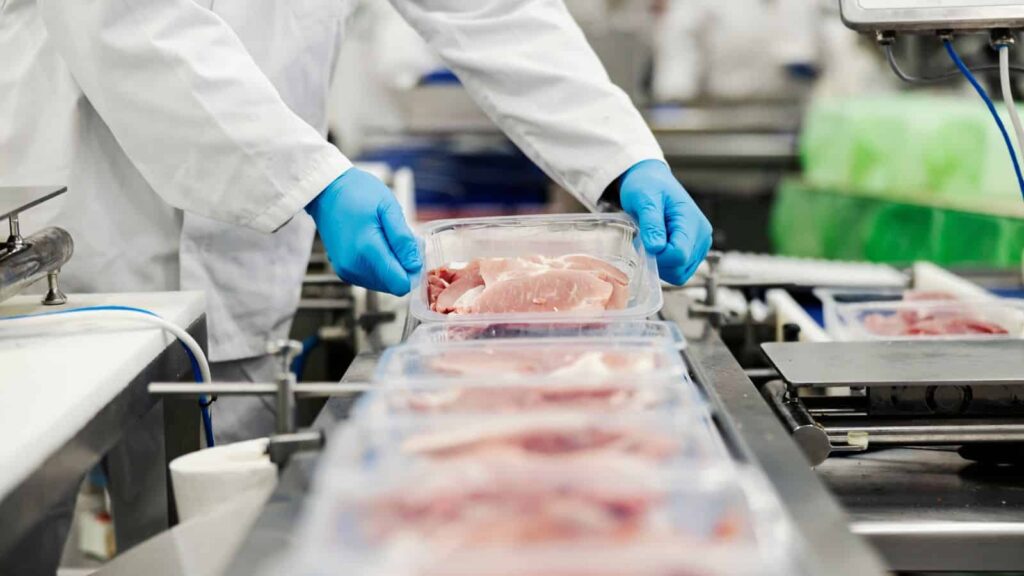
The European Union has restricted the use of sodium nitrate in foods because it has been linked with an increased risk of cancer, especially colorectal cancer. In the US, despite consumer demand for nitrate-free options, it is still frequently used in processed meats to preserve color and prevent spoilage.
Up Next: 17 Phrases Older People Use That No One Else Gets

Each and every generation has its own phrases and sayings that separate it from the rest, and the boomers certainly have plenty. Discover 17 popular boomer phrases that aren’t often used today and what they mean. Maybe you’ll want to bring some of them back!
17 Phrases Older People Use That No One Else Gets
People Who Don’t Show Empathy Usually Have These 18 Traits

The world would be a better place if everyone had a little more empathy. But sadly, in reality, some people show much less empathy than we’d like. Here are 18 traits of people who don’t show empathy.
People Who Don’t Show Empathy Usually Have These 18 Traits
The 17 Unhappiest States in America

The US has hit an all-time low position in the World Happiness Index, tumbling to 23rd in 2024. However, it’s important to remember that location is an important factor; many US states are very happy, unlike the following 17 US states that appear to be the most unhappy.

